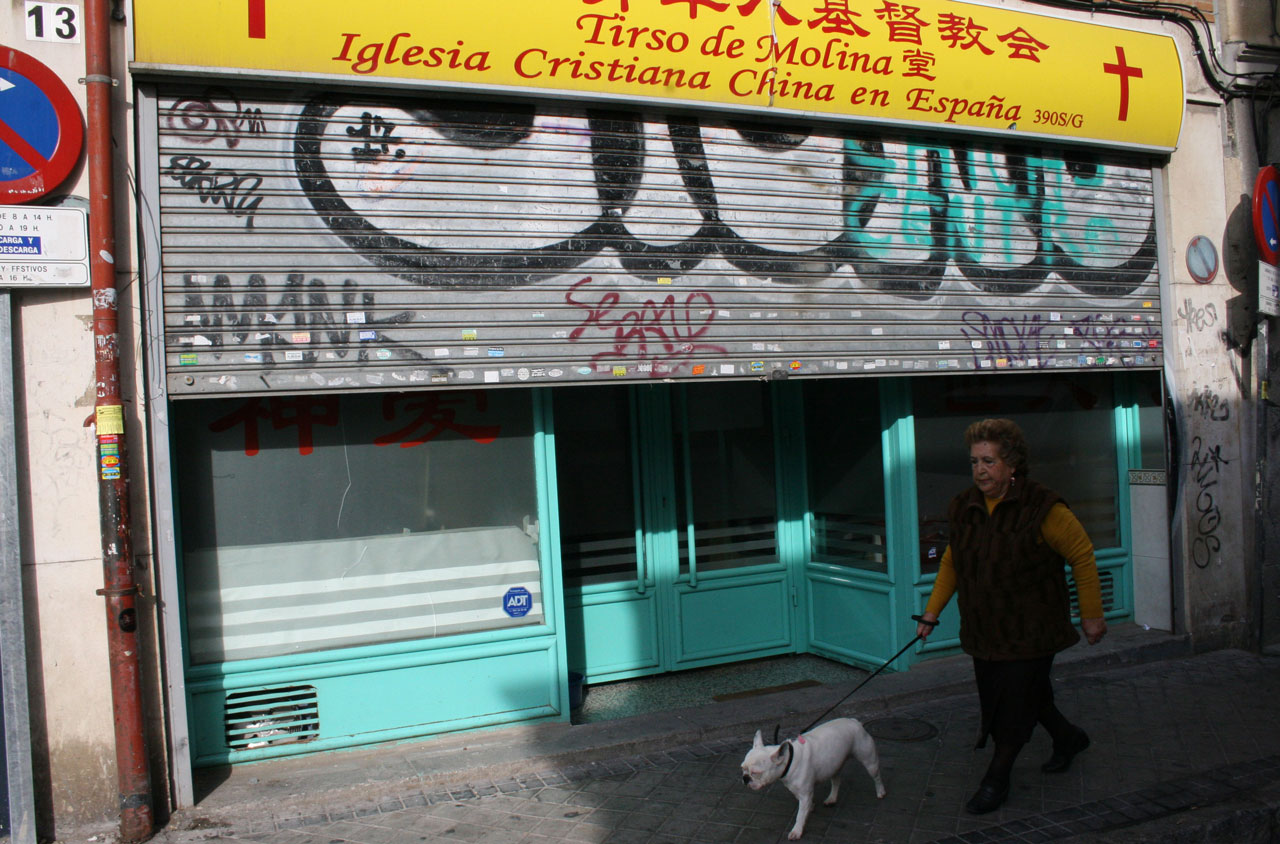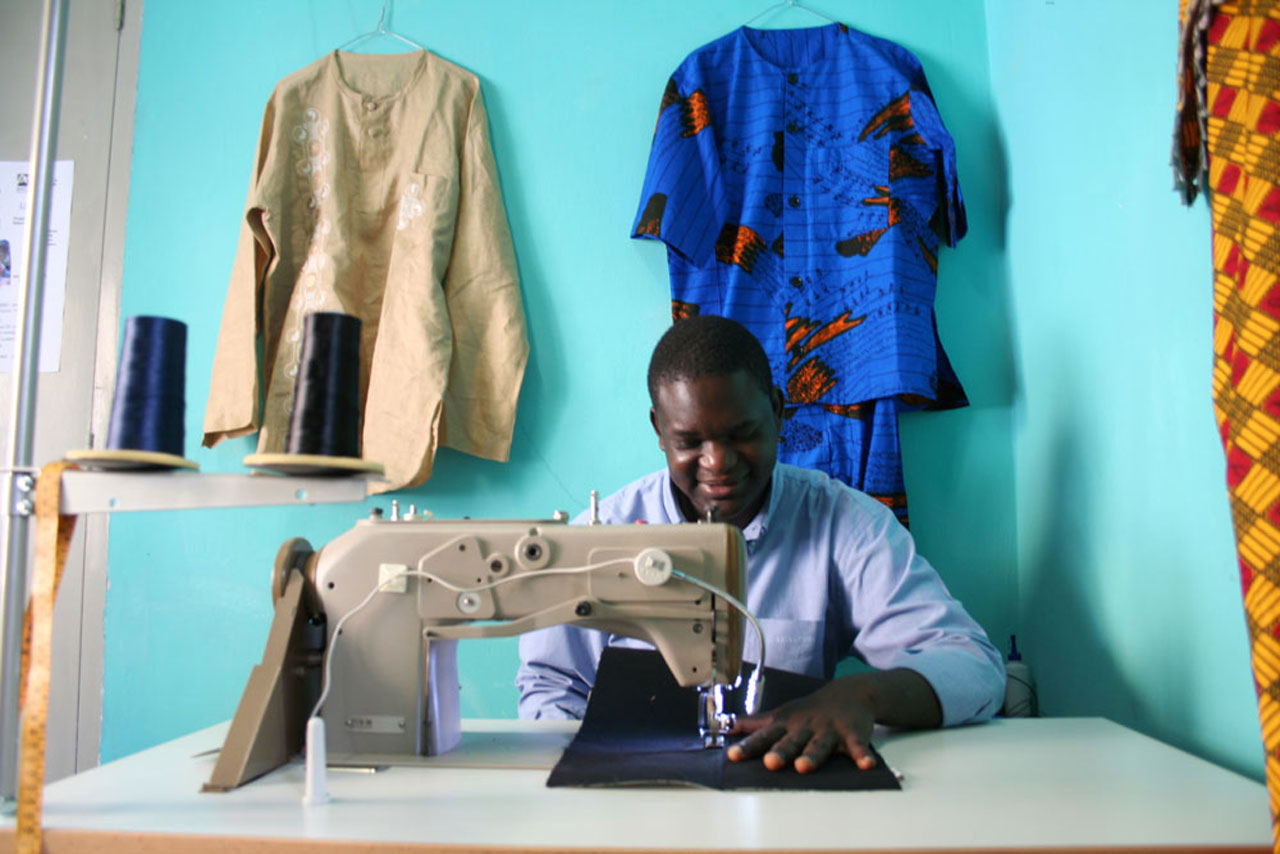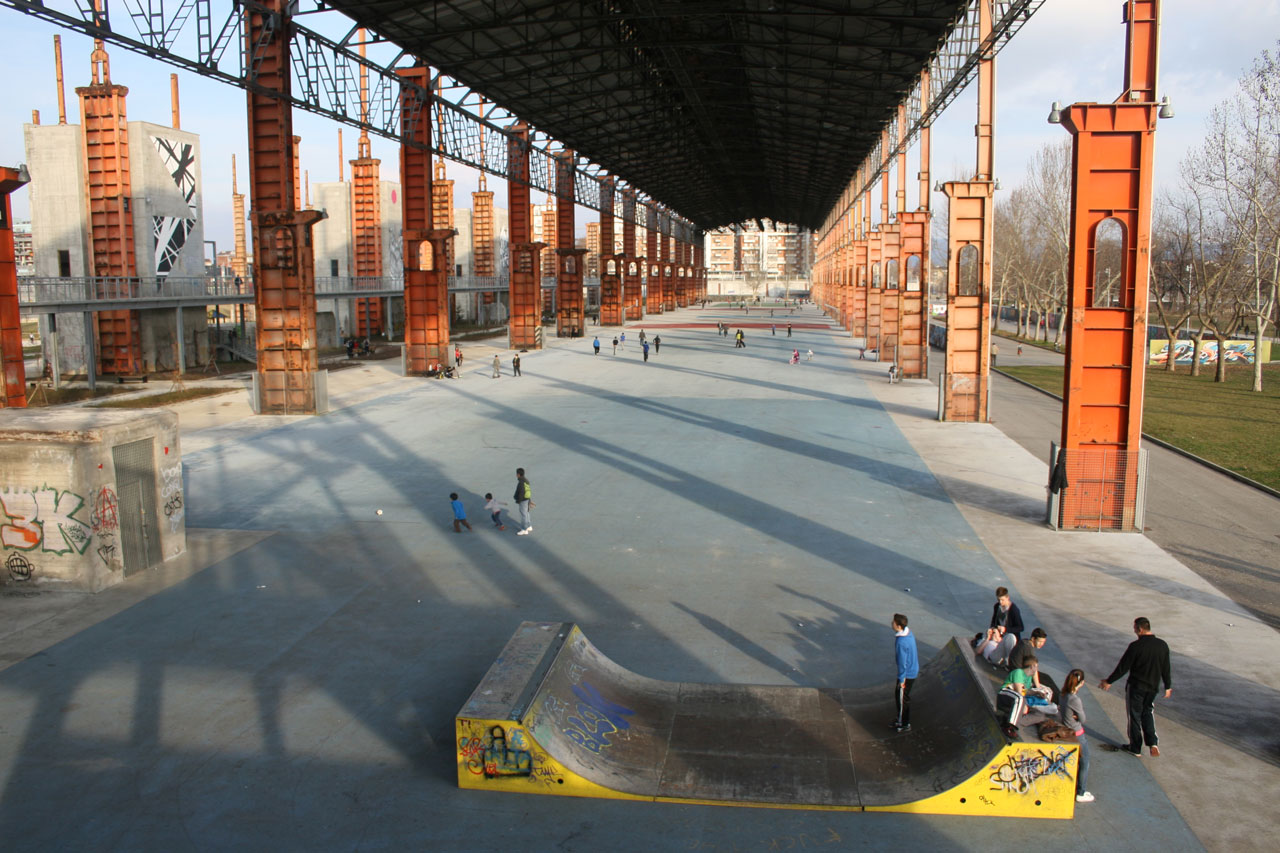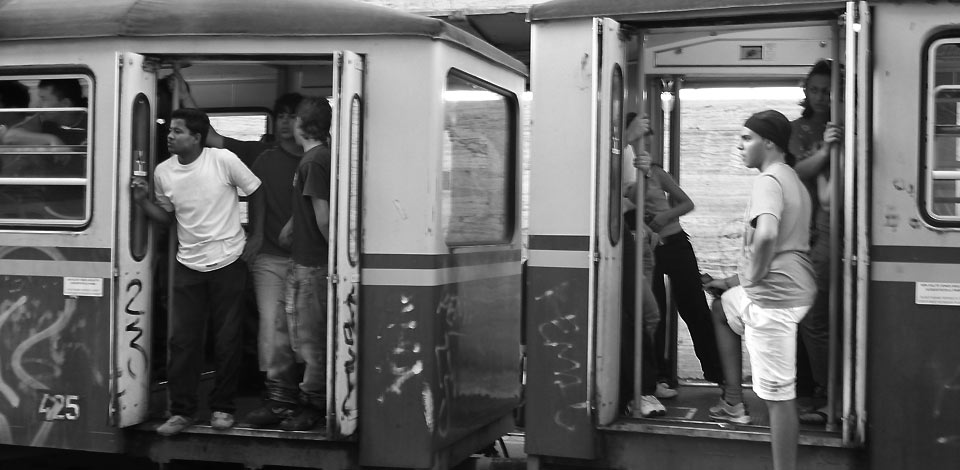IT Progetto biennale finanziato da Volkswagenstiftung nell’ambito del bando “Science, the Public, and Society”, coordinato dall’Università Erasmo di Rotterdam e realizzato in collaborazione con FIERI, l’Università di Bamberg, l’Università di Sheffield, l’Università di Edinburgo e l’Institute for International Development dell’Università di Vienna. Lo scopo del progetto è stato quello di valutare come il discorso politico sull’integrazione degli immigrati si sia trasformato in un dialogo più complesso tra scienza e società. Il progetto è partito dall’idea che la conoscenza scientifica non è più accettata come conoscenza oggettiva e indiscussa e che il sapere sia crescentemente percepito come fortemente legato al contesto e connesso nella società in cui si sviluppa, traducendosi in un dialogo aperto tra scienza e società. La prospettiva adottata è stata quella dell’evoluzione del ruolo della scienza nella società contemporanea. La ricerca ha fornito un’analisi approfondita di come queste trasformazioni sociali abbiano contribuito a riconfigurare i dialoghi tra scienza e società nell’ambito dell’integrazione degli immigrati in alcuni paesi europei (Austria, Italia, Germania, Paesi Bassi, Regno Unito).
EN The project was funded by Volkswagenstiftung (Application within the funding initiative “Science, the Public, and Society”). It was coordinated by the Erasmus University in Rotterdam and carried out in partnership with FIERI, the University of Bamberg, the University of Sheffield, the University of Edinburgh and the Institute for International Development of the University of Vienna. The project purpose was to assess how research–policy dialogues on immigrant integration have developed into much more complex science-society dialogues. The study did so from the perspective of the changing role of science in the contemporary risk society. Citizens are increasingly reflective in terms of their acceptance (or criticism) of knowledge claims. Furthermore, the contextuality of knowledge claims has become increasingly manifest as science-society dialogues have opened up and internationalized. Finally, there has been a growing recognition of the uncertainty of scientific knowledge. This study provided an in-depth analysis of how these social transformations contributed to a reconfiguration of science-society dialogues on immigrant integration in a number of European countries (Austria, Italy, Germany, the Netherlands, the United Kingdom) as well as on the EU- level.







